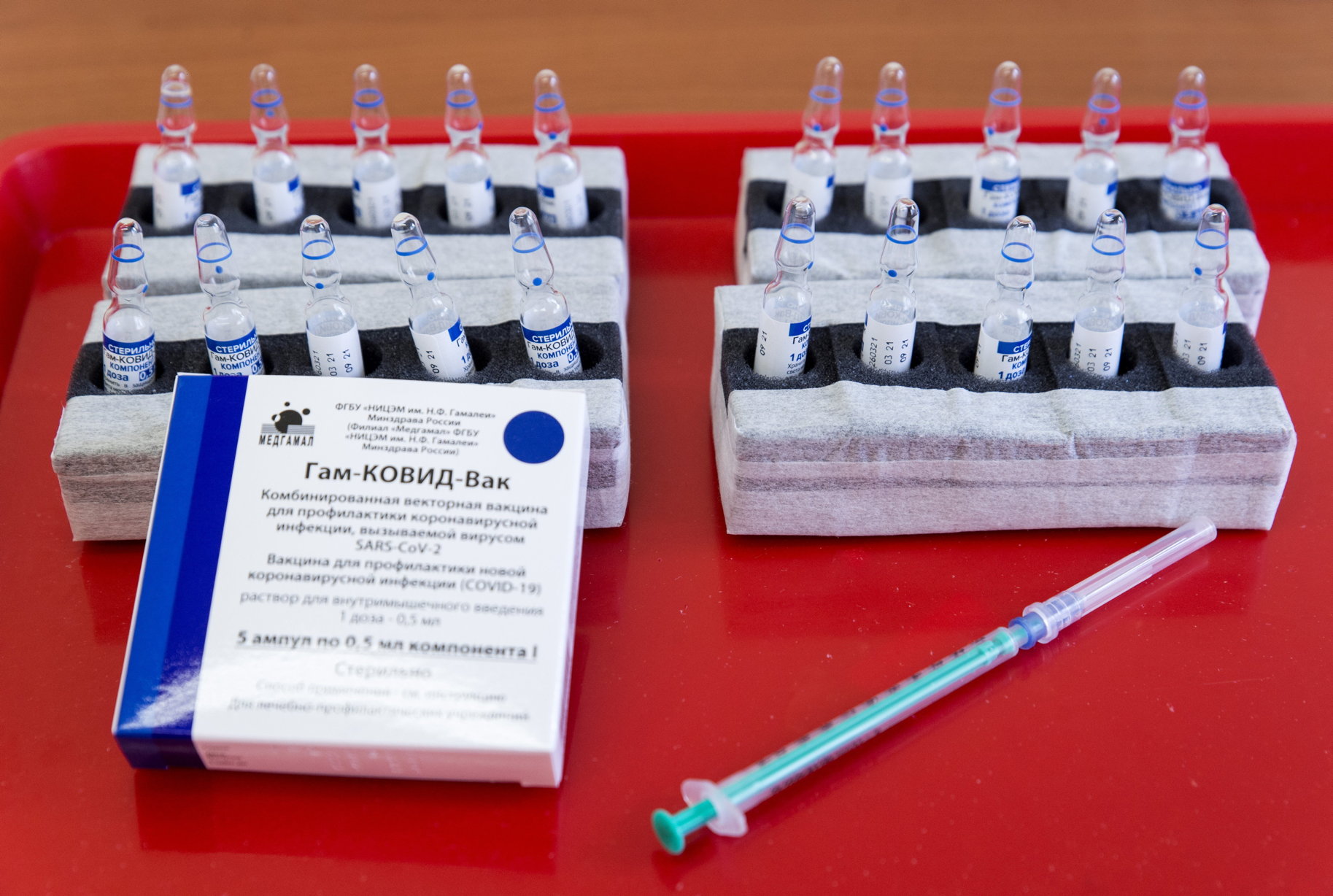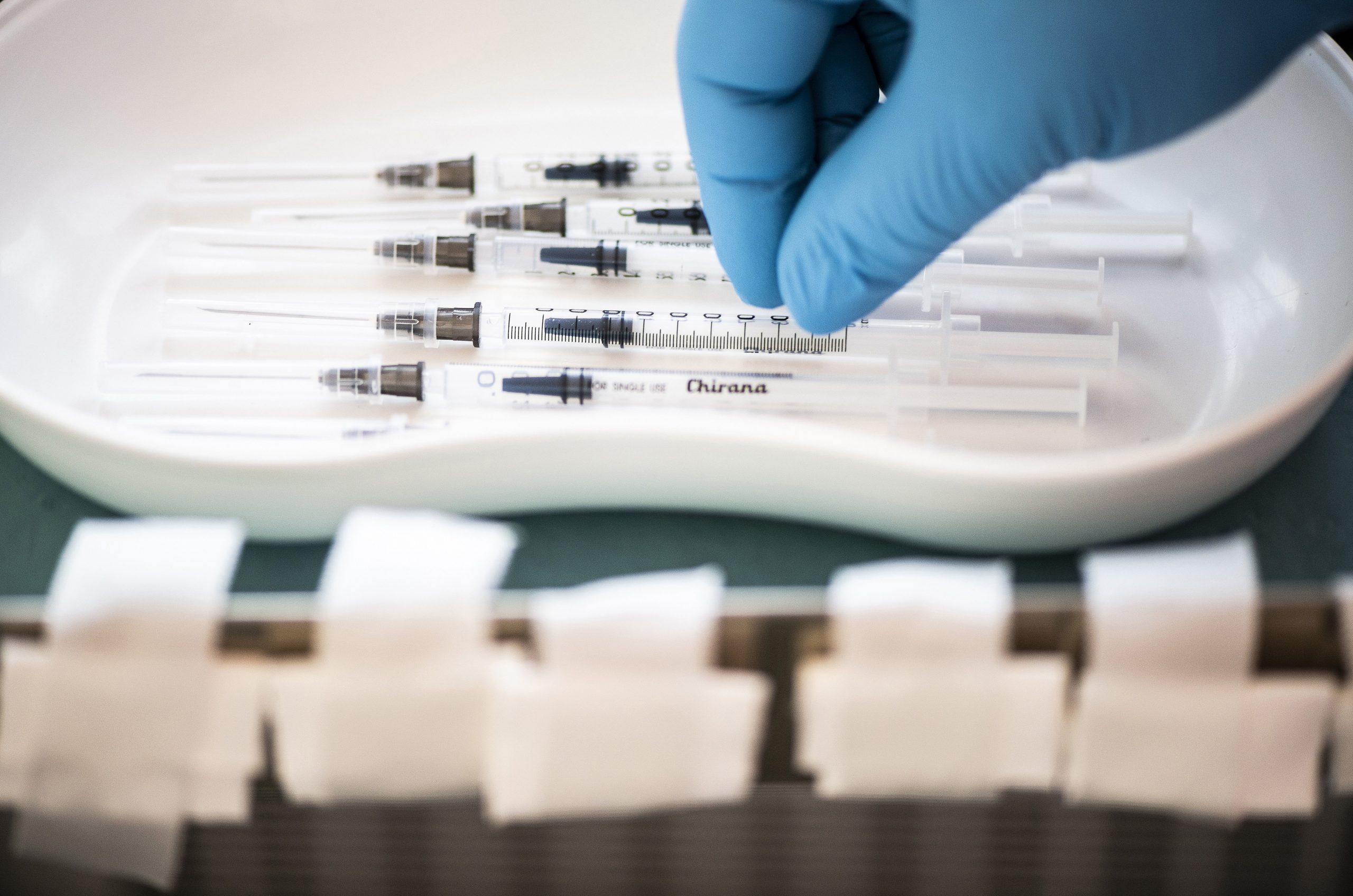
According to several new pieces of information, some of the tests specified by the manufacturer were not completed and several important parameters affecting efficacy and safety were missing at the time the authorization was granted.Continue reading

From February 15th, Hungarians will only be eligible for a vaccination certificate if they have received the third, booster jab or took the second dose not longer than 6 months ago, the prime minister’s chief of staff said on Thursday.
For those under 18 years of age, 2 jabs will suffice to obtain a certificate, previously called an immunity certificate, Gergely Gulyás told a regular press conference.
“The significance of having recovered from the coronavirus will change after the Omicron variant,” Gulyás said. “It’s the vaccine that ensures protection, rather than having recovered from the disease.”
Taking the booster jab, available for adults from four months after the second dose, will be required for a valid vaccination certificate, he said, adding that the current cards displaying a QR code would not have to be replaced.
Hungary’s government has decided to shorten quarantine periods for people who test positive for Covid, the prime minister’s chief of staff said.
Adults will be required to self-isolate for a seven-day period and will be allowed to leave quarantine after five days if they are symptom-free and produce a negative Covid test, Gergely Gulyás announced.
Unvaccinated primary school children in grades 1-4 will be required to quarantine for five days if a positive case is confirmed in their class, he said, adding that they will be allowed to take part in classes online while in isolation.
Otherwise, in-presence education will have to be uninterrupted.
Concerning Omicron, Gulyás said the jab ensured protection against serious symptoms rather than the infection itself, adding that all vaccines licenced in Hungary were effective. Omicron, he added, accounted for a significant proportion of new infections, and warned that the number of new infections was “growing fast”, with the number of people becoming sick expected to grow significantly in the next few weeks.
The minister added, however, that Omicron caused less serious symptoms, and in other countries a higher number of infections had not resulted in a higher number of hospitalisations or deaths. He said he hoped the situation in Hungary would follow that pattern.
The minister stressed that the primary protection against Covid was vaccination, adding that Hungary had a total 9.2 million doses of the Pfizer, Moderna, AstraZeneca, Janssen, and Sinopharm vaccines. He welcomed the large number of shots administered during the recent vaccination campaign. Jabs without registration will continue in February on Thursdays, Fridays, and Saturdays, he said, adding that currently 64 percent of Hungarians were vaccinated, “a good ratio in the region, though we are in the last third in European comparison.”
Gulyás said Hungary had a sufficient number of hospital beds, with only 25 percent of them occupied by Covid-19 patients, adding that 2,261 Covid patients and 596 patients whose Covid status was unconfirmed were currently hospitalised. Fully 8,546 beds in Hungarian hospitals are unoccupied, he said, adding that the capacity could be increased if necessary.
featured image illustration via Attila Balázs/MTI